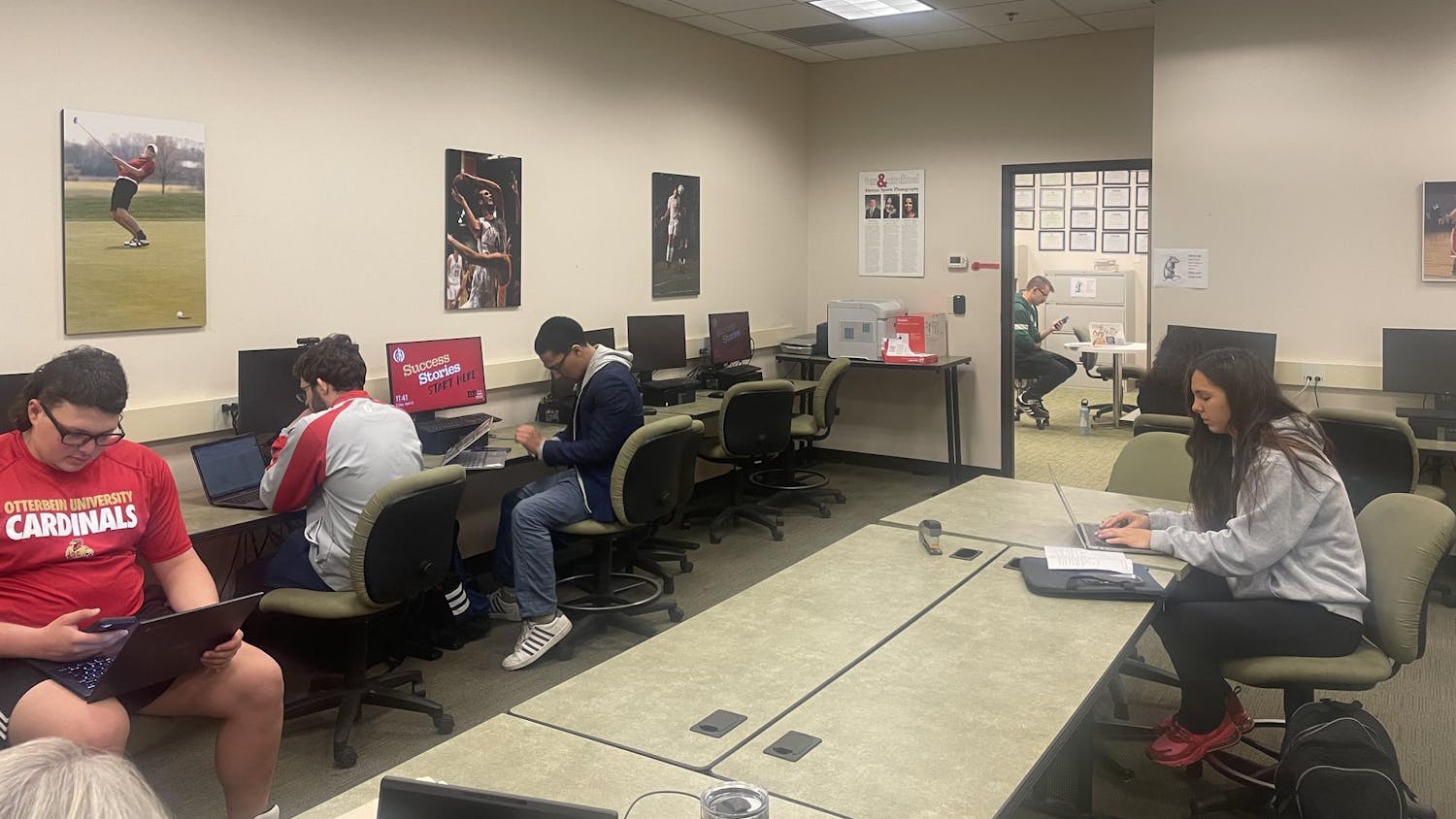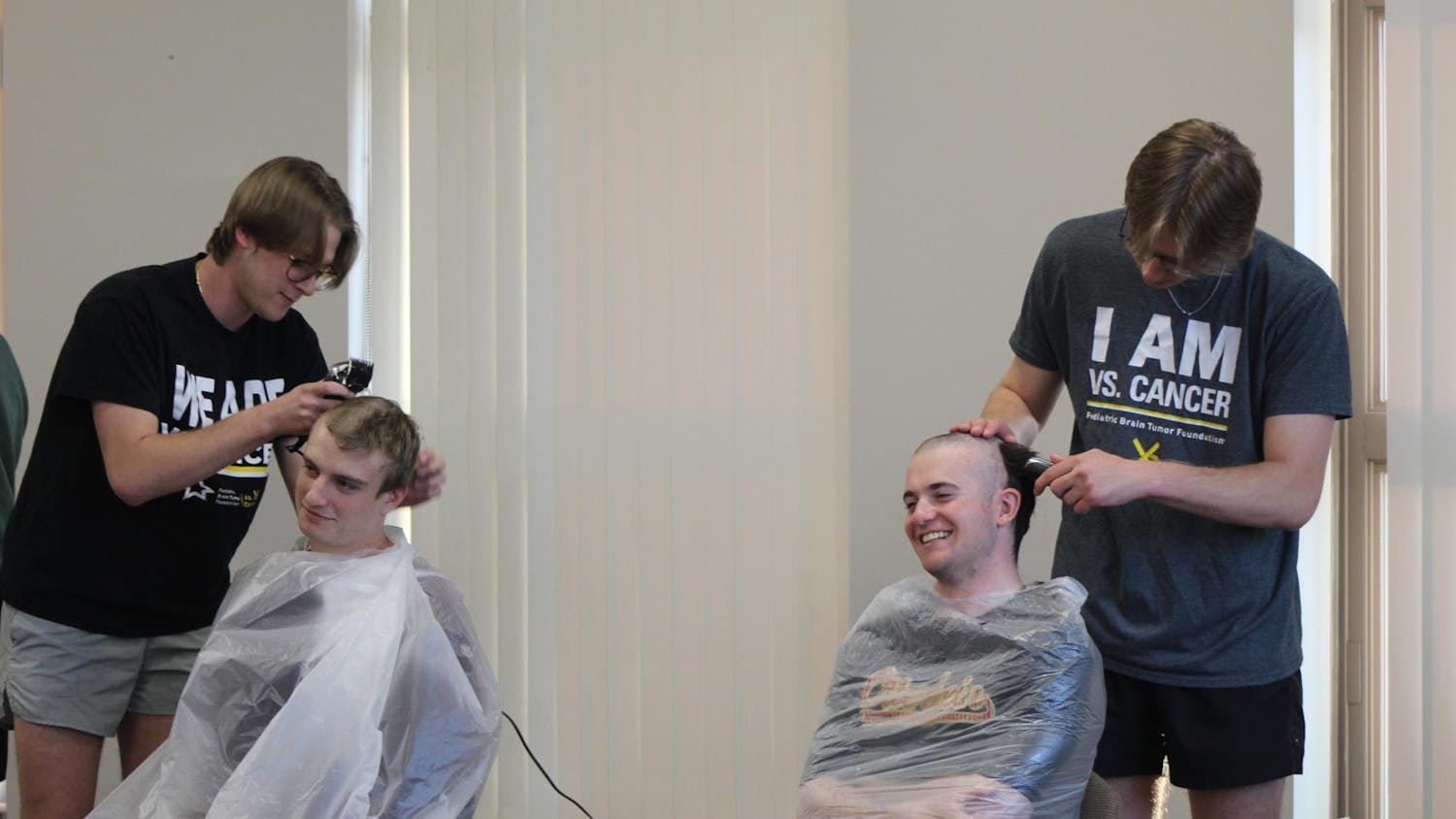A great revival has taken place and Otterbein has been converted. To semesters, that is.
I was actually glad to hear that we were converting to semesters because I took college classes in high school that were on semesters and really flourished in that environment.
The pacing is what was most appealing. On quarters, most classes seemed squished. Classes like British literature seemed constrained and rushed compared to the survey of American literature I took on the semester calendar.
And I can tell that my classes this semester have slowed down to a steadier pace already. We have time to digest the material, really dig into certain topics and more thoroughly read materials. Project deadlines do not seem so overwhelming and feel much more feasible. Another advantage is having only two sets of finals, which is no small thing.
The most obvious advantage in the switch to semesters is for transfer students. Most transfers have semester credit, as I did, and it will now be much easier for them to transfer in. Those who want to transfer out will also find it easier as semesters are so widely used.
A few other pros are the new classes and minors. There is a film studies minor now, among others. The Philosophy of Harry Potter class now being offered is one that students are excited for.
English professor Jeremy Smith’s perspective is an interesting one. He has added only a little more material to most of his classes.
“My concern is that not everyone realizes that we should be covering material as if only a week had been added,” he said. “Anything more might overburden students who are now taking four classes instead of three.”
Some students, however, have struggled with the semester conversion. Fulfilling major and minor requirements for those who have taken classes on quarters is becoming much harder.
Casey Buckler, a junior psychology major, is trying to pick up one of the new minors but has run into a struggle with the old and new catalogs. Since she is on the old catalog, she cannot add the new minor or she would have to change her major over to the new catalog. Instead, she has to make an individualized minor that is identical to the new minor.
Another more surprising struggle has been with her Work-Study schedule at the library. With the strange new class times, some of the work slots have been harder to fill than others.
“The switch made it hard,” Buckler said. “We work in hour shifts and many of us can’t work a whole hour because of the weird class times.”
Upperclassmen may also find it a challenge to balance four or five classes at a time as opposed to three. Once-a-week classes that are three and a half hours long can be very hard on a student. Some organizations are finding it harder to schedule social events around these night classes.
Semesters are a positive change for Otterbein, but I think it will take some time to adjust to the new schedule and figure out the kinks. Professors and students both need time to figure out just how to balance semesters. So perhaps it is not the semesters themselves that should be the concern, but how we handle and plan those semesters.





